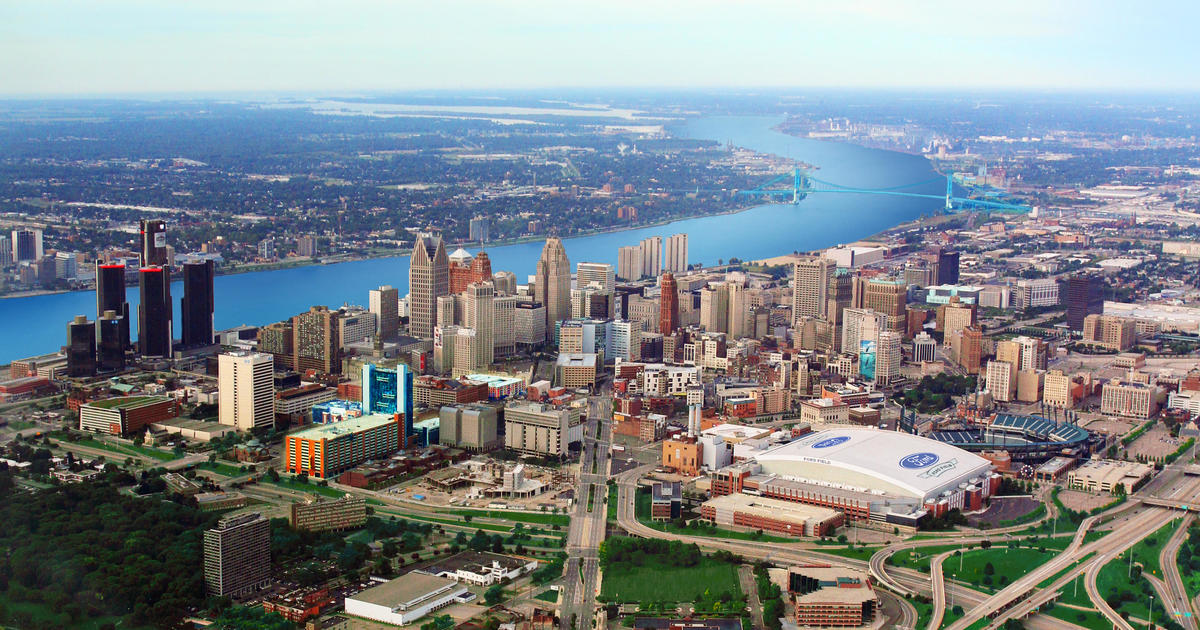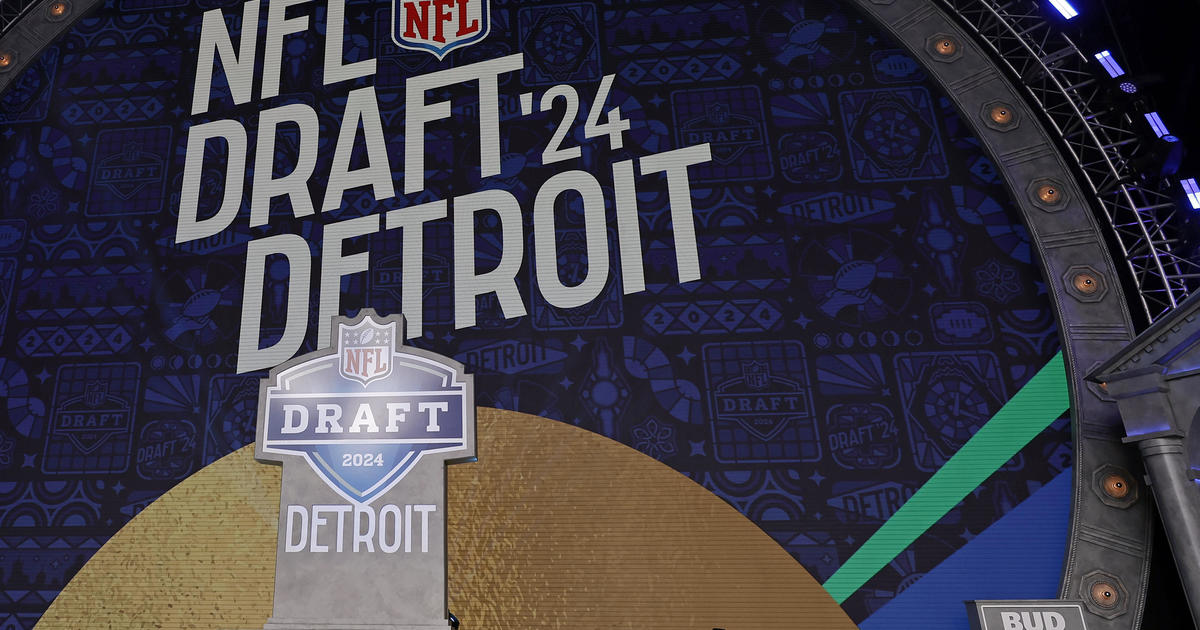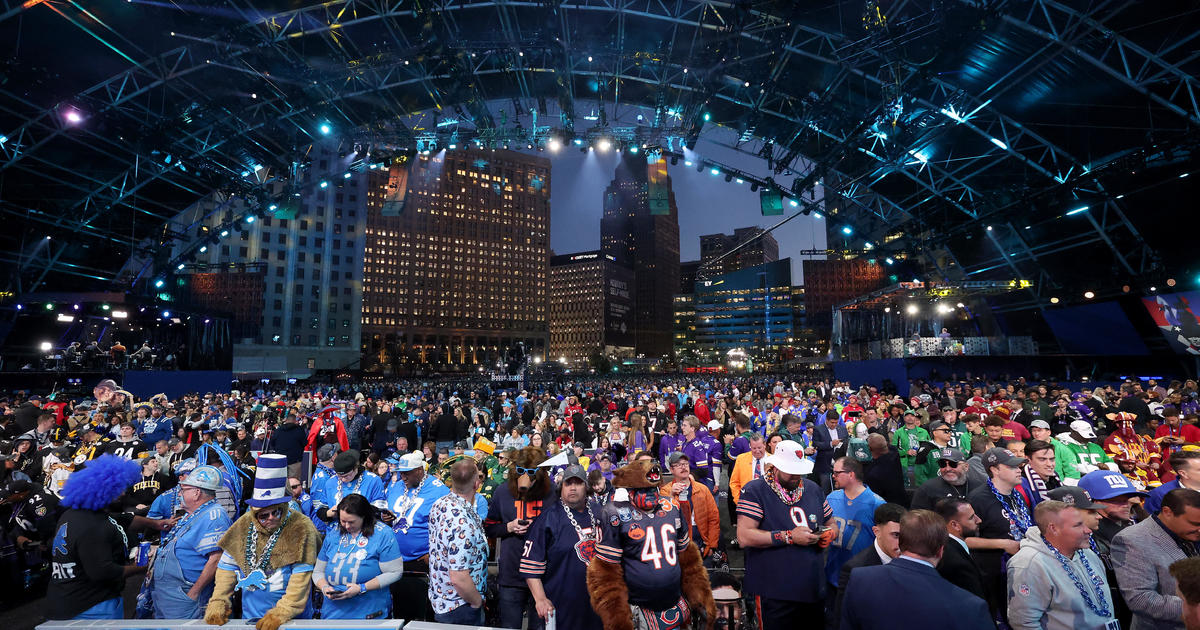Mott Community College Opens Digital Fabrication Laboratory
Bring your ideas. Bring your imagination. Build your invention.
Flint's Mott Community College now has a place where anyone can make just about anything.
MCC is operating the area's first Digital Fabrication Laboratory, or the Fablab for short, in the college's Regional Technology Center at 1401 E. Court St. on the college's main campus in Flint.
A ceremony announcing the opening of the Fablab is scheduled for 10 a.m. Friday, Jan. 21. MCC's 1,200-square-foot Fablab is in Room 1112 on the first floor of the RTC near the High Bay area. This event is free and open to the public. The Fablab will be open Friday, Jan. 21 from 10 a.m. to 6 p.m. The community is welcome.
The MCC Fablab, a dream come true for inventors of all ages, is a hands-on laboratory that provides the technology and modern fabrication tools to let people build their own creations and products for personal or commercial use. The Fablab allows a person to essentially take an idea and discover how to turn it into a physical object. The lab is uniquely designed to allow the local community to foster and support innovation that can lead to sustainable solutions for small businesses.
Mott Community College is part of an official Fablab network. MCC's is the second Fablab to be built in Michigan. The other one is located at Lake Michigan College in Benton Harbor. With a strong national interest in improving the passion for science, technology, engineering and mathematics (STEM) skills in students, Fablabs also offer an ideal teaching and learning platform by utilizing some of the latest digital fabrication technology available.
"MCC seeks to better prepare students and our community for the knowledge-based economy driving the 21st century," said Thomas Crampton, executive dean of regional technology initiatives at MCC. "As a product development and prototyping lab, the FABLAB offers opportunities to students, faculty, staff, individuals in workforce development programs, displaced/dislocated workers, inventors/entrepreneurs and small business owners -- the entire community."
The idea for Fablabs originated from research conducted by the Massachusetts Institute of Technology's Center for Bits and Atoms. When MIT professor Neil Gershenfeld and his colleagues dreamed up the Fablab concept in the 1990's, fueled by a wildly popular course at MIT called "How to Make (Almost) Anything", they saw it as a way to bring digital fabrication to the masses.
In a 2009 interview, Gershenfeld noted: "Kids are scientists, they tinker, they invent. And we slowly train that out of them. So, this is providing kind of the modern means of invention."
In 2001, the National Science Foundation funded the CBA to champion an ambitious initiative that focused on capturing the creative capacity of individuals to design and create solutions to a multitude of issues and/or problems. The CBA then combined laboratory research on technologies for personal fabrication, establishing field-based Fablabs that eventually brought the prototyping capabilities to underserved communities around the world. The ultimate goal was to simplify and streamline the process of turning an idea into a product, by giving the public access to design and manufacturing tools, previously only available to engineers at large companies.
For instance, students in Ghana designed and manufactured fluorescent key chains; a pre-teen in Boston created a flight simulator and a group in the San Diego area crafted an acrylic cellular telephone holder to place on the arm rest of a wheelchair -- to name just a few of the kinds of items that can be created in the high-tech, electronic playgrounds known as Fablabs.
Fablabs are located in various countries and locations around the globe, from Afghanistan to India, from Boston, Mass. to Lorain, Ohio, giving their users the ability to conceptualize, design, develop, fabricate and test practically anything. Currently, there are about 60 Fablabs in 22 countries around the world, all containing the following features:
* A common set of platforms and tools permitting easy and rapid exchange of designs and ideas.
* Capacity to allow both technical and non-technical people to rapidly translate their ideas and creativity into reality.
* Stimulation of significant innovation and highly-motivated learning.
"We want to be a key resource to help people configure their ideas and begin the process of creating products," added Joseph M. Pakkala, senior program manager of regional technology initiatives at MCC, who has coordinated efforts toward setting up MCC's Fablab. "Once you think of something, we can help with the process. We can help the person looking for an everyday solution to a problem, and we can also help the entrepreneur with a more sophisticated project that they hope to commercialize."
MCC also expects the Fablab to support the overall efforts of the Genesee Regional Chamber of Commerce Entrepreneurship Team (e-TEAM) and its partners to support both individuals and companies interested in expanding or creating new businesses.
The college will make the Fablab available through two models -- a college credit course for current students and a variety of non-credit workshops for individuals from the community. Costs for the college credit course will align with MCC's published tuition/fees rates while the non-credit workshops start at $59 and increase according to the amount of access time needed and product development support required to interact with Fablab software and equipment. For more information about the Fablab at MCC, call (810) 232-4553.



